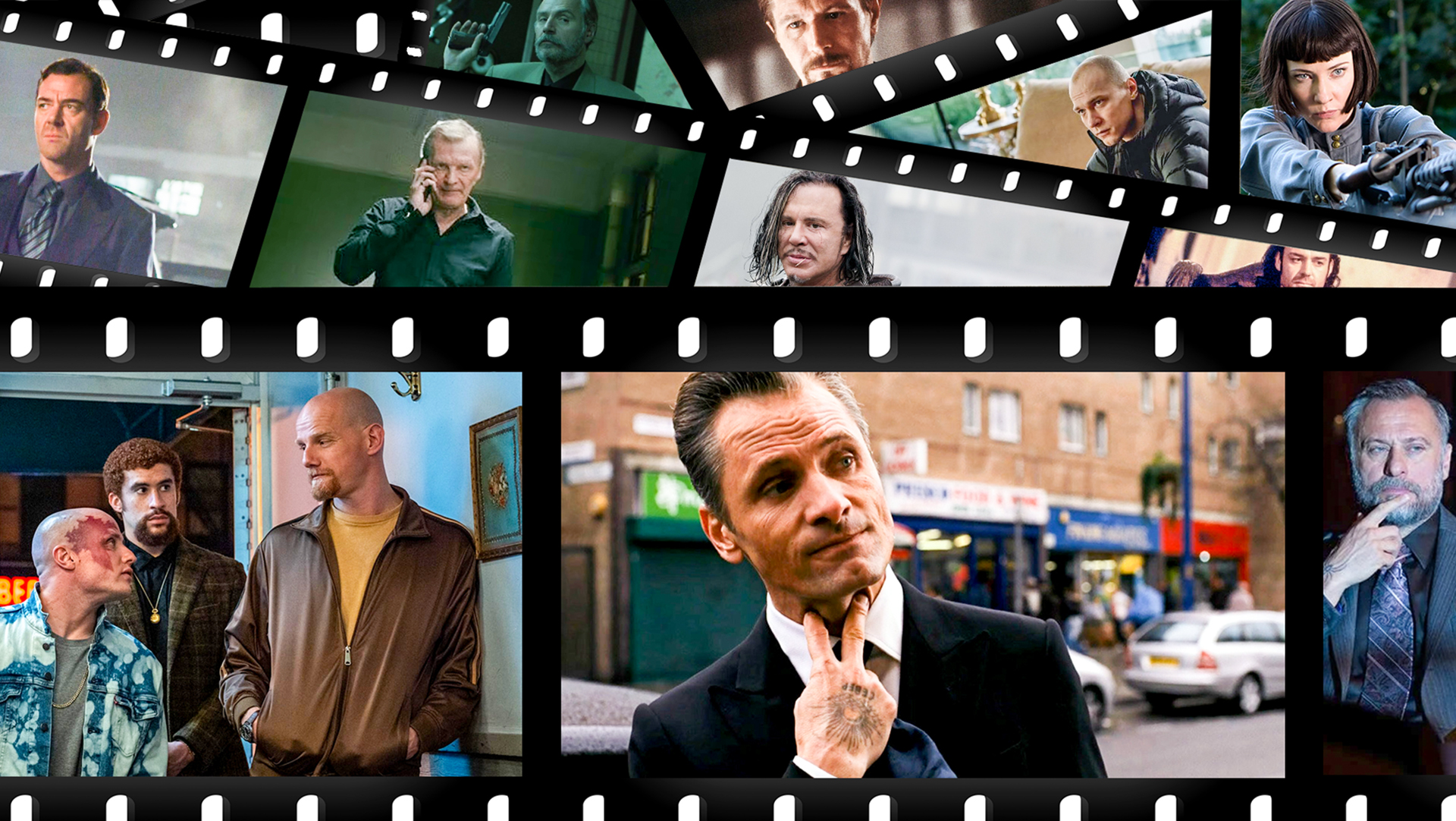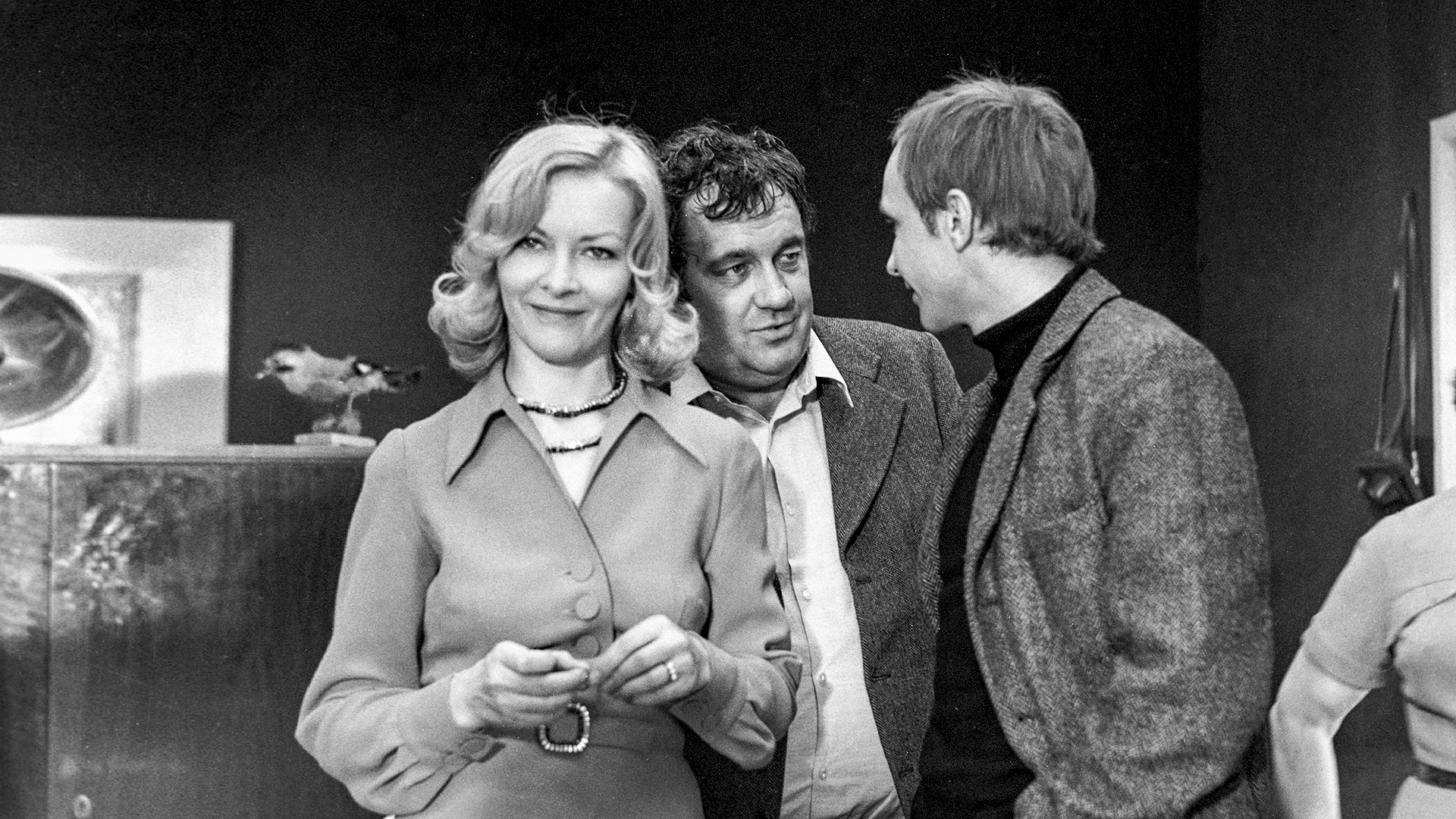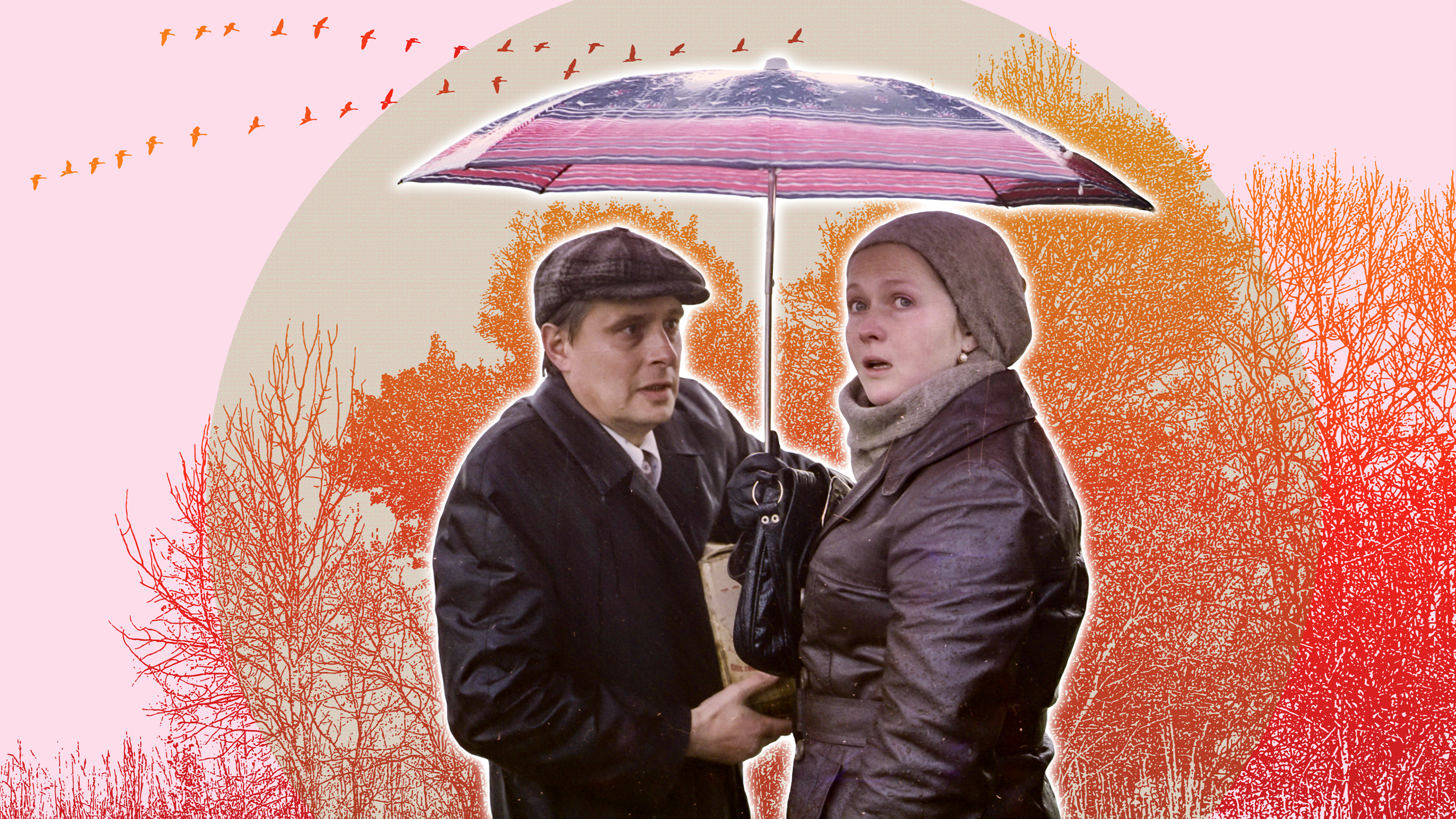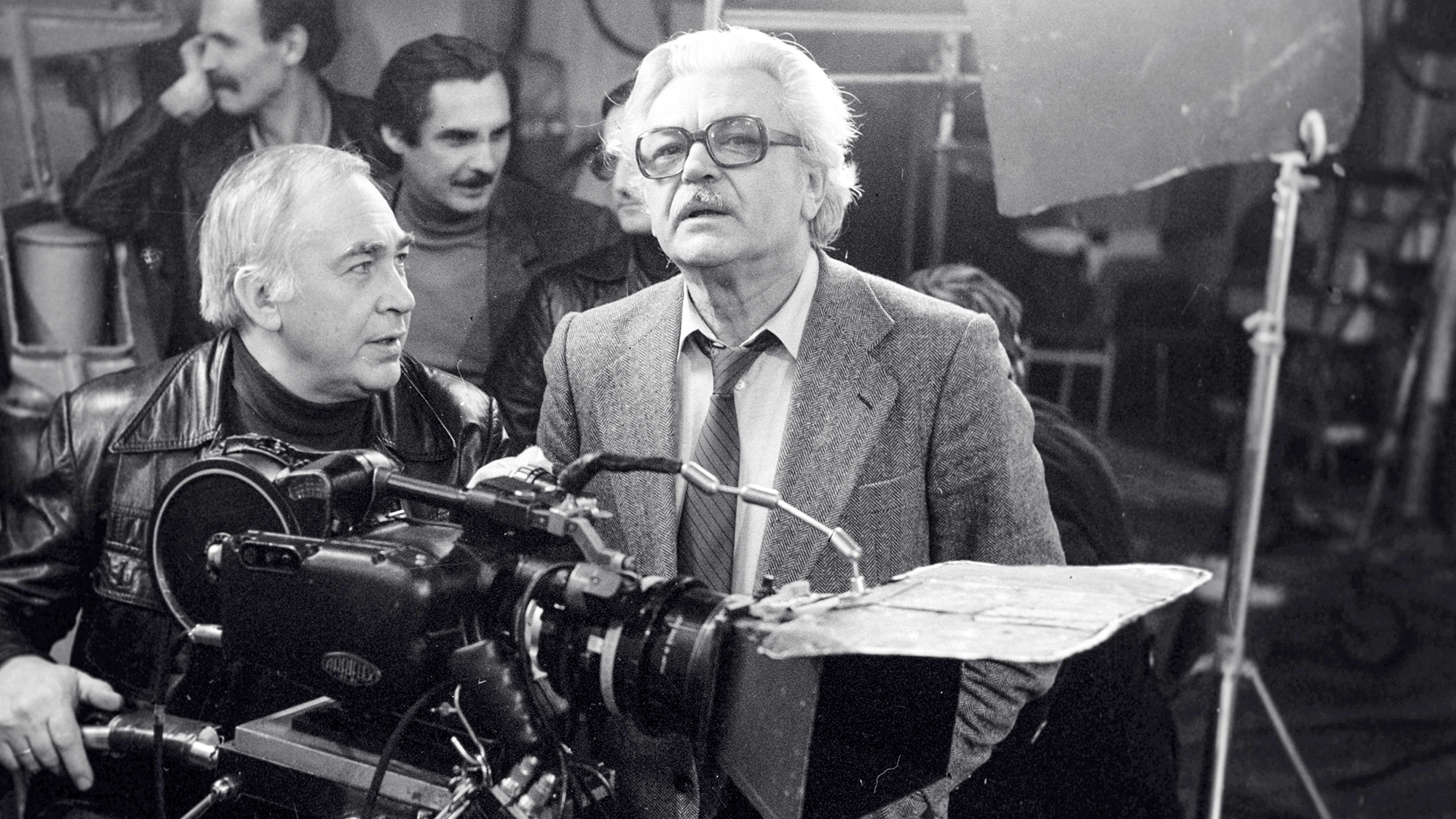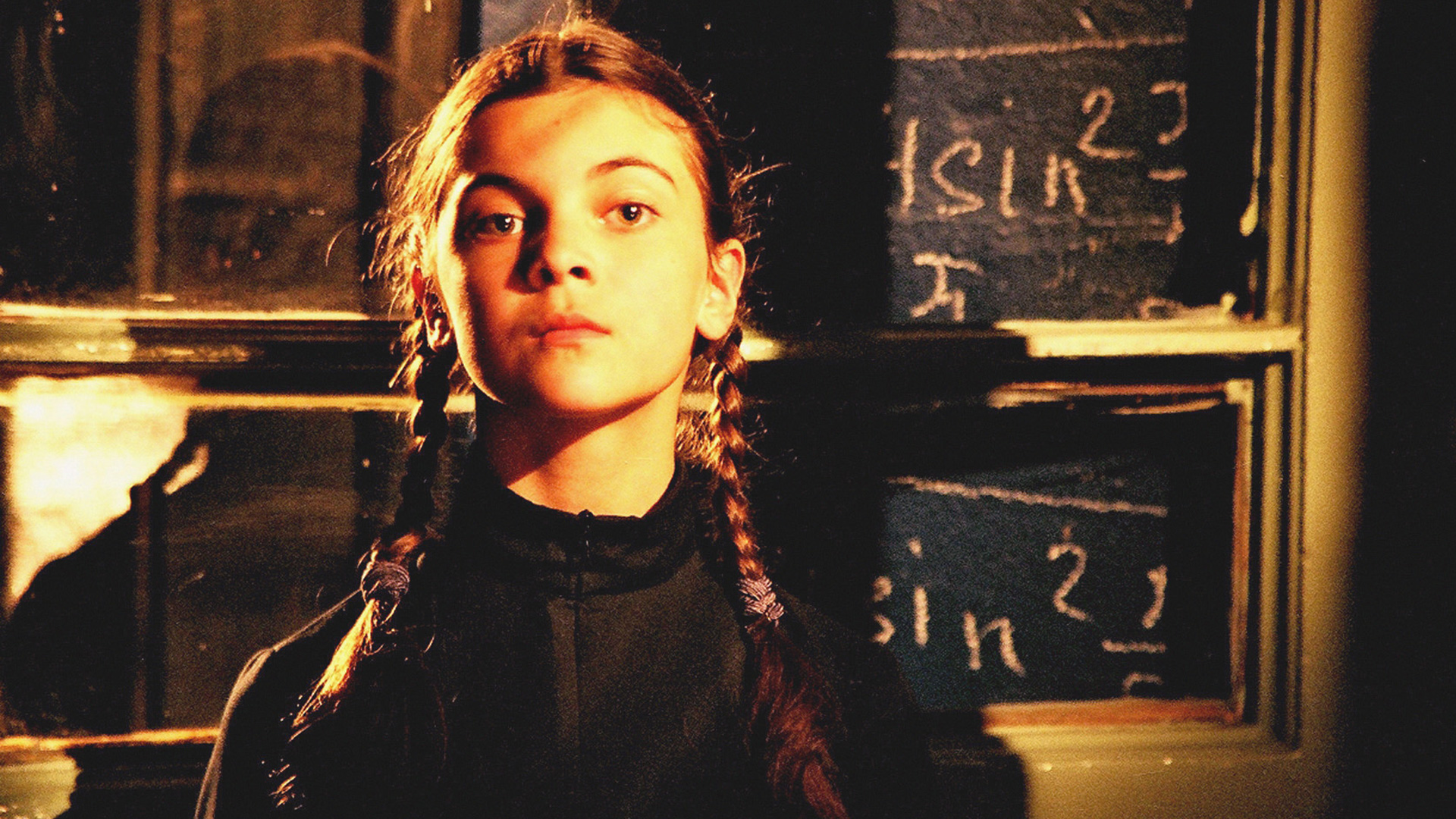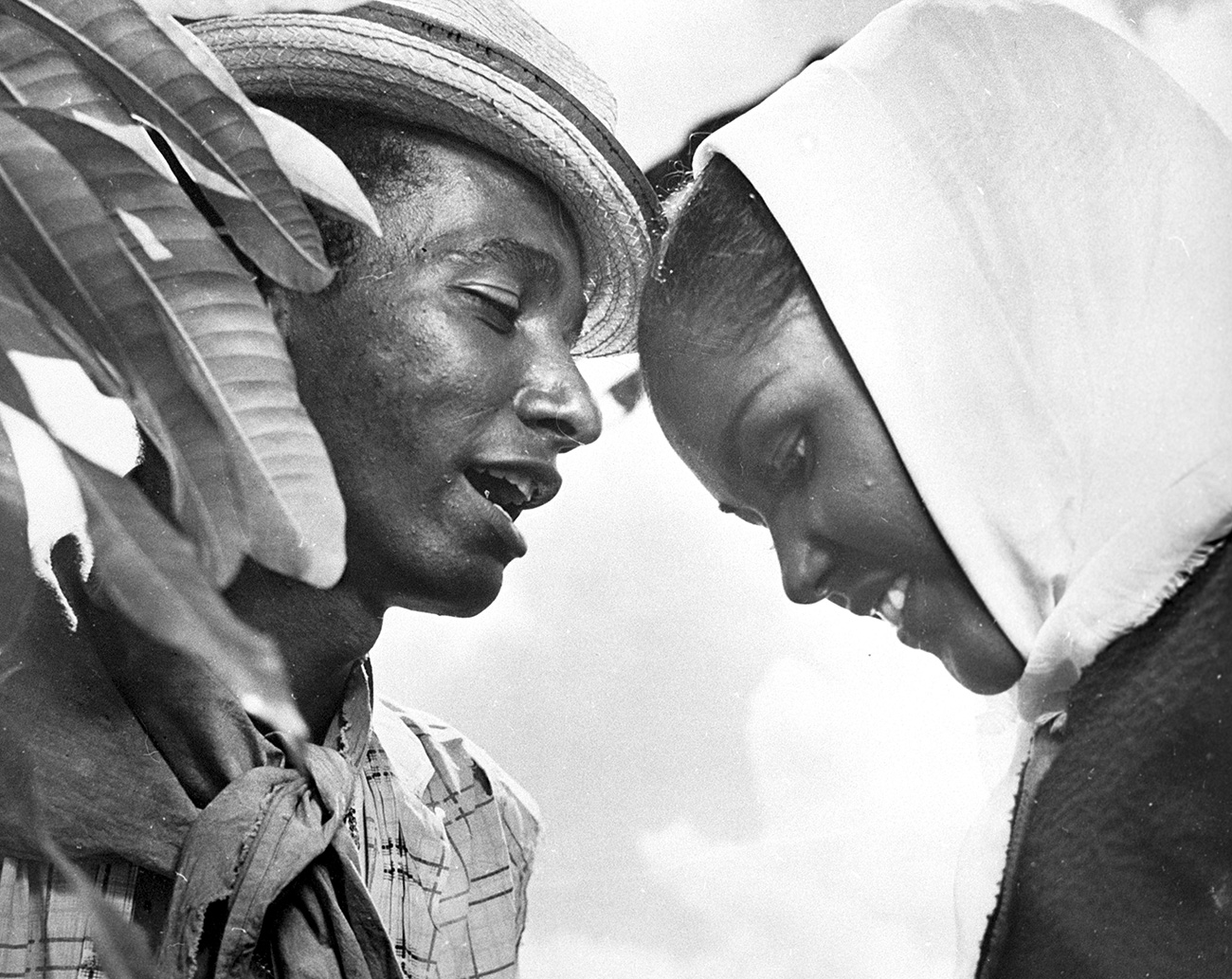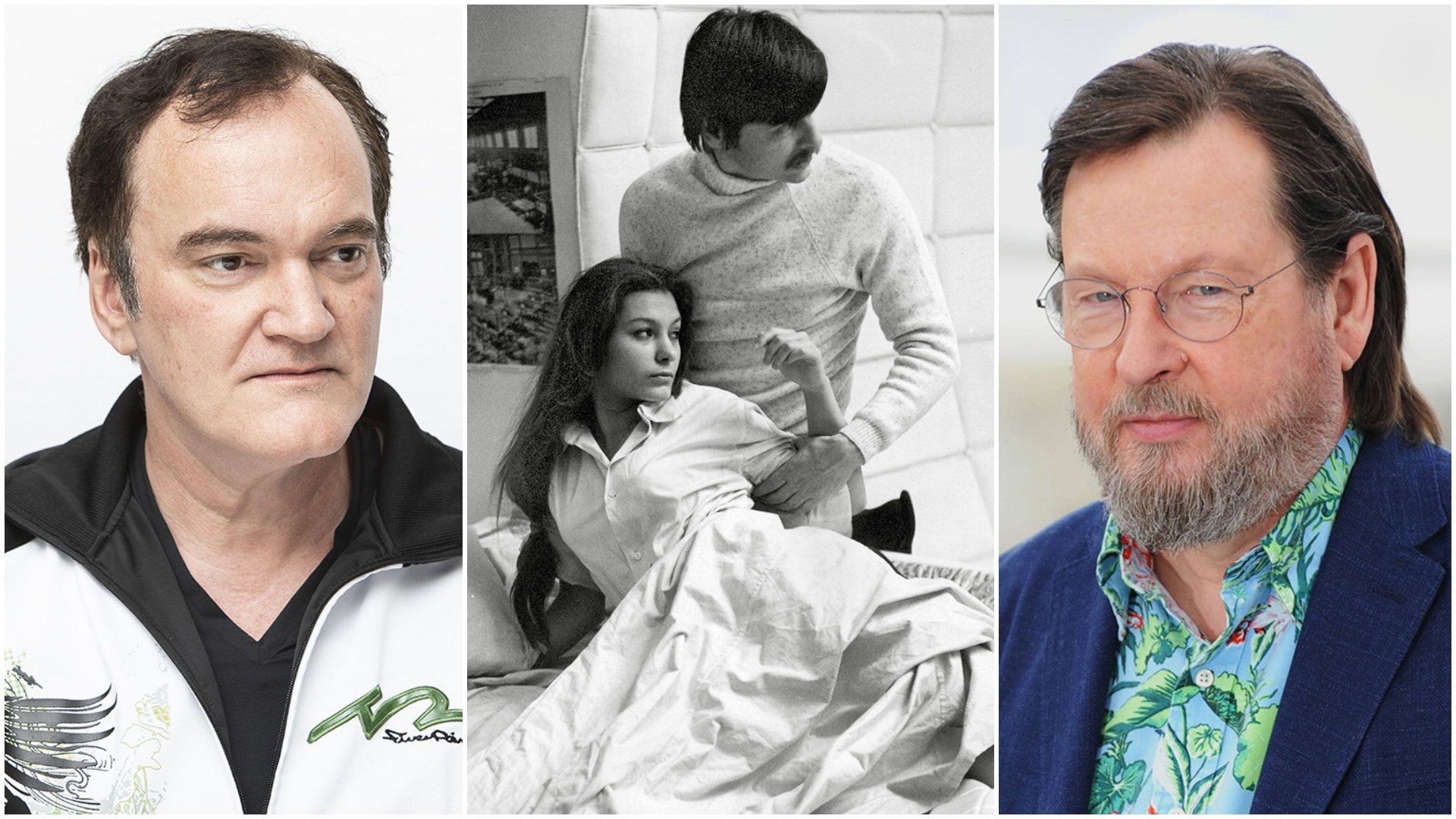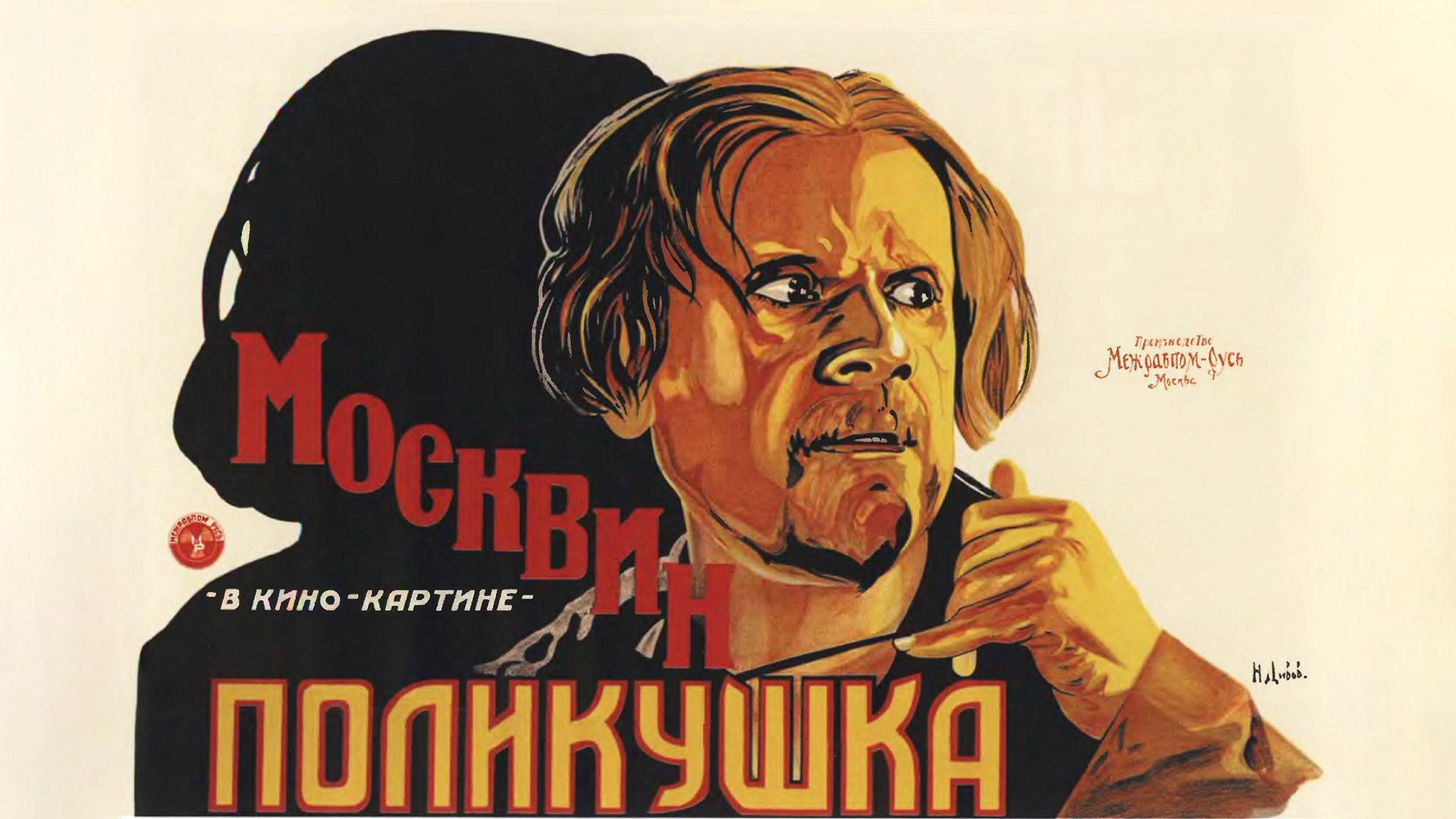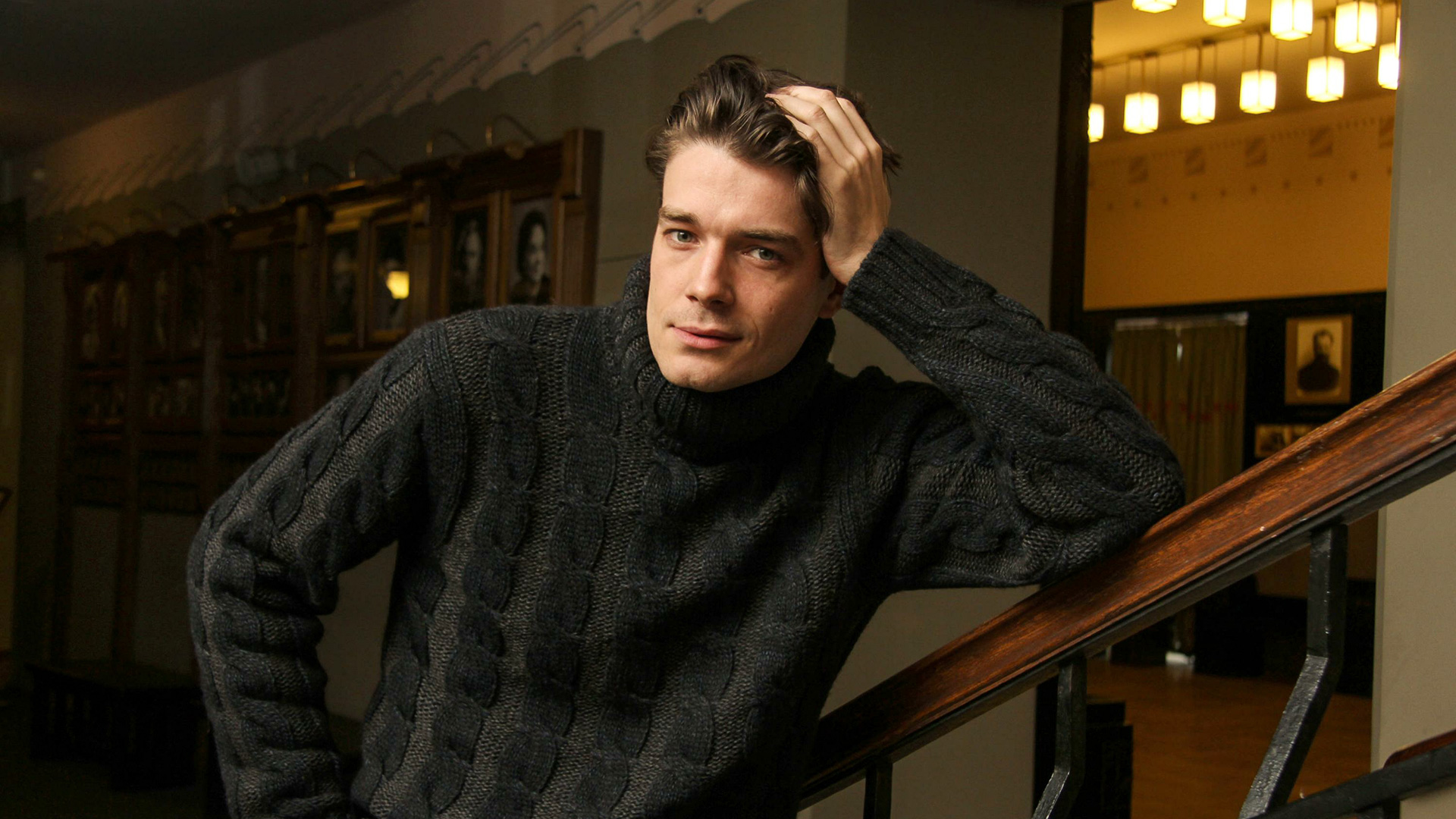
10 Russian movies that won awards at Cannes

1. ‘The Great Turning Point’ (1945)

The first Cannes Festival was opened by the Soviet documentary ‘Berlin’ – a chronicle of the last days of the war. There was no single winner at the post-war festival – 11 movies were awarded the Grand Prix at once. Among them was Friedrich Ermler's ‘The Great Turning Point’ about the military commanders involved in the Battle of Stalingrad. Today, this movie would be called mockumentary – it featured real military personnel, used military equipment and even the German soldiers were quite real – their roles were to play the prisoners of war.
2. ‘Big Family’ (1954)

This movie became a unique case: All 16 actors who played in the movie received awards at the Cannes Film Festival! Including Alexei Batalov, Pavel Kadochnikov, Boris Andreev, Klara Luchko and Ekaterina Savinova. It’s a story about the large Zhurbin family, where everyone is involved in shipbuilding. The plot is both very human, but also typical for that time. Iosif Heifitz's movie also won the ‘Best Acting Ensemble’ award.
3. ‘Othello’ (1955)

Director Sergei Yutkevich is considered to be a true Cannes legend. He won the festival's prizes five times. Twice for ‘Best Director’ (‘Othello’ and ‘Lenin in Poland’). Yutkevich dreamed of filming a screen version of Shakespeare's play back in the 1930s, but the time and opportunity only came 20 years later.
4. ‘The Cranes Are Flying’ (1957)

This is the only Soviet movie that won the main award, the Palme d'Or. As well as the prize for camerawork and a special diploma for the leading female role. The movie was dubbed a miracle: it showed the war not on the front lines, but in the rear, the story not a military feat, but a moral test. According to the plot, the main character's fiancé goes to the front and she marries his brother, although she does not love him and waits for her fiancé to return. After the victory, she learns that her beloved has died…
Director Claude Lelouch was a big fan of the movie: he worked on the set of Mikhail Kalatozov for several days and even made a movie about how the Russian masterpiece was created.
5. ‘Solaris’ (1972)
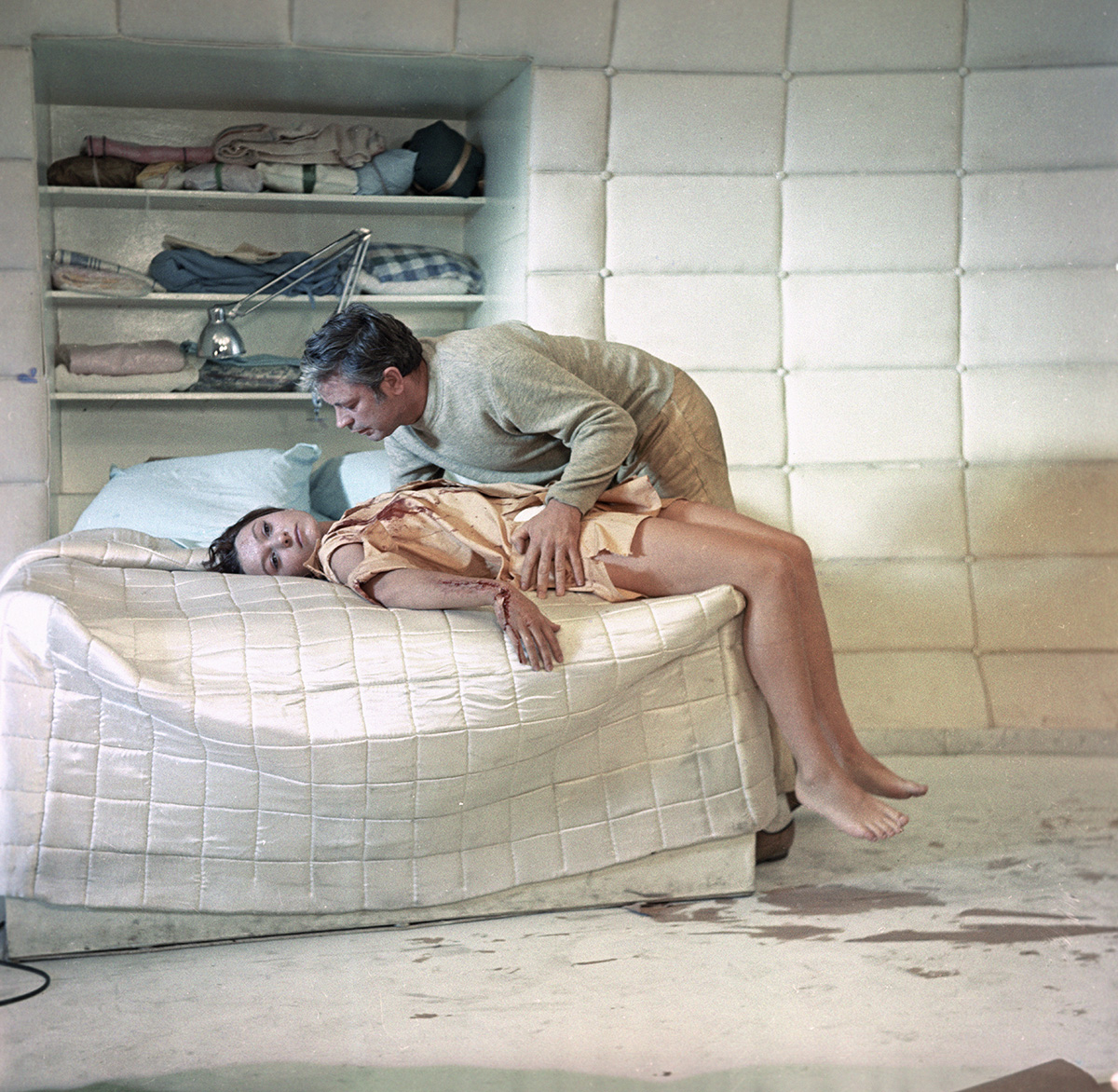
A philosophical drama about the ocean Solaris, which studies the humans who have come to explore it. Stanislav Lem, the author of the novel that formed the basis of the movie, was dissatisfied with the way Andrei Tarkovsky transferred it to the screen. Nevertheless, ‘Solaris’ won the Special Jury Grand Prix and the ‘FIPRESCI’ Prize at the Cannes Film Festival and became a world movie classic.
6. ‘Siberiade’ (1979)

Andrei Konchalovsky's Grand Prix-winning movie about several generations of Siberian families. Instead of a story about oil production, as originally planned, he got a movie about people. The director told how actor Armand Assante confessed to him that he cried while watching it. After the success of ‘Siberiade’, Konchalovsky went abroad and began working in Hollywood.
7. ‘Nostalghia’ (1983)

Andrei Tarkovsky's movie won the ‘Best Director’ award, as well as the ‘FIPRESCI’ and ‘Ecumenical Jury’ awards. A year after the premiere, the director announced that he would not return to the Soviet Union. He made this decision after he was not allowed to extend his business trip to Italy. The ‘Goskino’ management forbade him to stay abroad, believing that he had failed in Cannes by not receiving the main prize.
8. ‘Repentance’ (1984)

In 1987, the festival presented several Soviet movies – the leader with the jury was ‘Dark Eyes’ by Nikita Mikhalkov. But everything changed after the screening of ‘Repentance’ by Tengiz Abuladze, which eventually won three awards, including the Grand Prix. In this movie, real events are woven into a fictional parable about political repression and human memory.
After the death of a local ruler, it turns out that he was guilty of repressions against innocent people. His son tries to exonerate him, while his grandson cannot accept what a monster his grandfather was and commits suicide.
9. ‘Burnt by the Sun’ (1994)

This movie, winner of the Cannes Grand Prix and Oscar for ‘Best Foreign Language Film’, is filled with almost Shakespearean-level passions. It is no coincidence that it is dubbed the Russian version of ‘Gone with the Wind’ (1939). In the mid-1930s, the measured life of the main character, division commander Kotov, Stalin's favorite, is disturbed by the appearance of Mitya, a guest from the past and the ex-fiancé of Kotov’s wife, whom Kotov deceived into sending out of the country and forced to work for the NKVD. But now, everything has changed and Mitya tells his rival that it is his days that are numbered.
10. ‘Loveless’ (2017)

A married couple discusses divorce and the fate of their son. Neither his father nor his mother need the boy. Realizing this, he runs away from home…
Andrei Zvyagintsev's movie about unhappiness and the inability to give love to those closest to you won the ‘Festival Jury’ prize.



